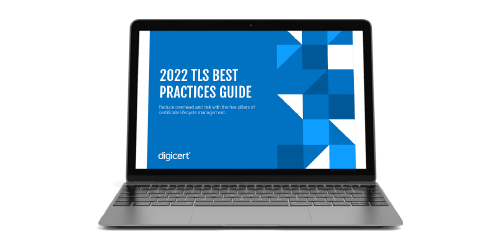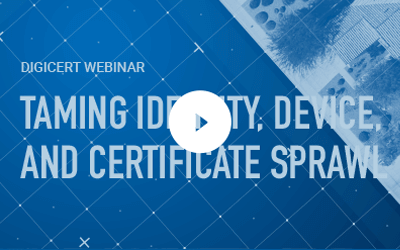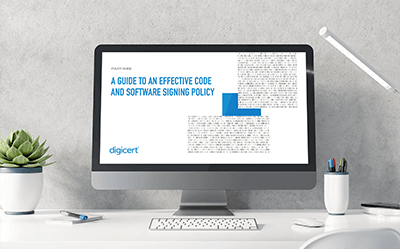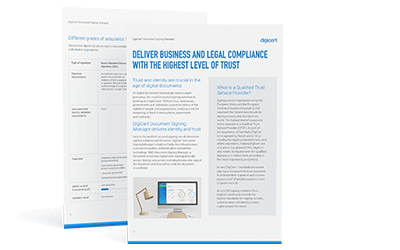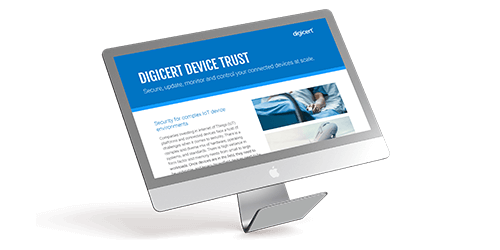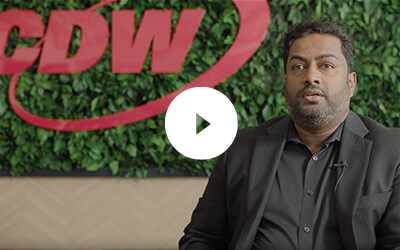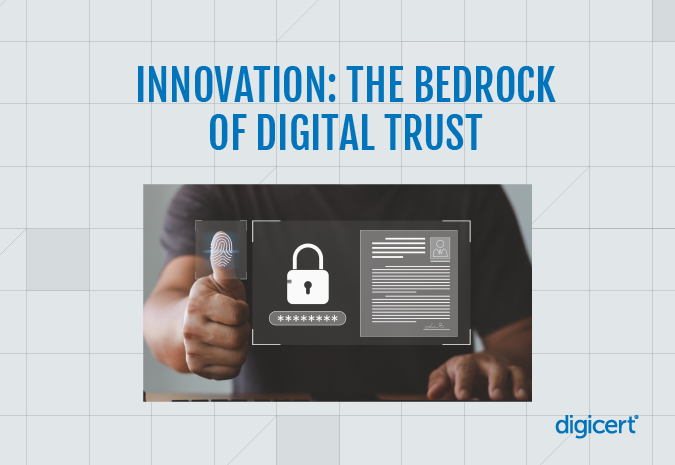Securely Navigating the Web for your IRS Stimulus Package

The United States Coronavirus Aid, Relief, and Economic Security (CARES) Act was signed into law on March 27. The CARES Act will provide one-time payments of up to $1,200 per adult and $500 per child under age 17. It’s highly likely that cybercriminals will try to capitalize on this opportunity, so consumers need to protect themselves by safeguarding their personal and bank information.
Payments are Automatic
Most people who qualify do not need to take any action to receive payment. The IRS will send most payments automatically using information from 2019 tax returns for those who have already filed this year, or 2018 returns for those who haven’t.
Payments will first be sent to the bank account information listed on those returns. If there is no account information listed, the IRS will mail checks to addresses on file. If your address has changed and you don’t have a direct deposit set up from 2019 or 2018, you will need to call the IRS.
Social Security recipients do not need to submit bank account information because the IRS will automatically send payments using Social Security payment information.
For those who aren’t normally required to file a tax return, the IRS and the Free File Alliance have created a temporary non-filers' website to collect banking information. People who don’t have a return filing obligation can use that site to register so they can receive their payment.
Many Americans will receive their payments this month. For more information about the timing of when to expect a stimulus payment, you can check the status of your payment on the IRS site.
Verify Site Authenticity Before Sharing Information
Always verify that you are on the correct site before sharing information, both when entering in account information on the non-filers' site and when checking the status of your payment. View what a secure website looks like on popular browsers to know how to distinguish authenticated sites from potential phishing sites.
Beware CARES Act Scams
The IRS will not call or send out emails, so do not give out information over the phone or email to anyone claiming to be with the IRS or another government entity. Additionally, they will not ask you to pay a fee or confirm personal information.
To keep your data safe, only share account information on the official IRS website, and only if you cannot receive your payment another way.
Only a limited number of people will need to use the website and the majority of Americans do not need to take any action.
If you have questions, speak with an accountant (accountants are considered essential workers) or visit irs.gov/coronavirus.
Exercise Caution Sharing Account Information
Banking information is already at risk as more people are accessing their accounts from home and on mobile devices. This new IRS site can also attract phishers looking to steal financial information and personal data. Consumers can protect themselves by ensuring that they’re using the real site and exercising caution when sharing their information.


